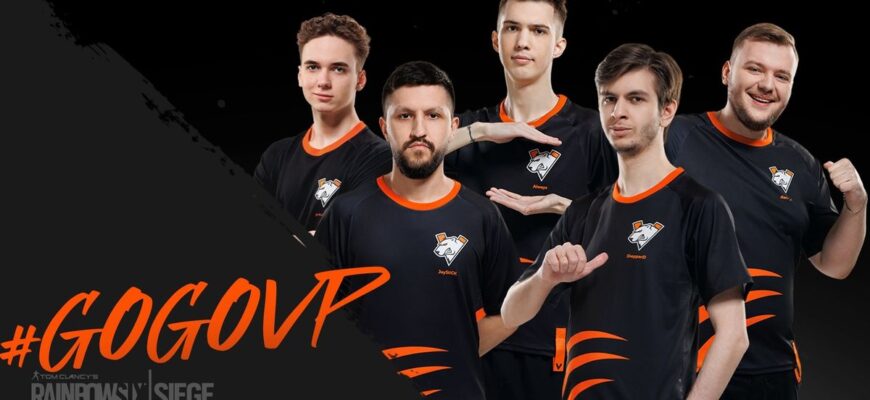In an unexpected turn of events, the Counter-Strike 2 roster of Virtus.pro will be conspicuously absent from ESL Pro League Season 22. The highly anticipated tournament, set to unfold in Stockholm, Sweden, will proceed without one of its established contenders, not due to in-game performance, but rather a more mundane yet potent adversary: international entry documentation.
A Digital Sport Grounded by Bureaucracy
The official announcement from the club, disseminated via their Telegram channel, confirmed the unfortunate news. Players encountered insurmountable difficulties securing the necessary documents for entry into Sweden, effectively grounding the team before the competition could even begin. This incident serves as a stark reminder that even in an era of hyper-connected digital arenas, the physical world`s administrative hurdles remain a formidable opponent for professional esports organizations.
ESL Pro League Season 22, scheduled from September 28 to October 12 in Stockholm, promised a substantial prize pool of $400,000 and the participation of 24 elite teams. For Virtus.pro, a team with a storied history in competitive CS2, missing such a pivotal event is not merely a scheduling conflict; it represents a significant lost opportunity—for prize money, ranking points, and, perhaps most importantly, for their players to showcase their honed skills on a global stage. The identity of the team that will inherit their vacated slot remains, for now, a mystery, adding another layer of logistical complexity for the tournament organizers.
The Persistent Visa Problem in Esports
This is far from an isolated incident within the vibrant, global landscape of esports. Visa and travel restrictions have, with frustrating regularity, plagued numerous teams and players across various titles. It’s an ongoing, almost paradoxical challenge: a sport built on transcending physical boundaries through digital immersion is consistently brought back to earth by sovereign borders and their associated paperwork. Teams invest countless hours in practice, strategy development, and team cohesion, only for their aspirations to be derailed by an expired stamp or a misfiled form.
One might almost find a touch of irony in the situation: athletes who routinely teleport across virtual maps and instantly communicate across continents are, in the real world, still subject to the glacial pace of governmental processing.
The implications extend beyond just the immediate team affected. When a top-tier contender is forced to withdraw, it can subtly diminish the competitive integrity of the tournament. Spectators are deprived of seeing all their favored teams compete, and the narrative arc of the event itself shifts. For tournament organizers like ESL, such withdrawals necessitate a rapid scramble to find suitable replacements, often under tight deadlines, ensuring the event maintains its competitive vigor and schedule.
Moving Forward: A Call for Streamlined Solutions?
While the immediate focus will be on the absent Virtus.pro roster and the unfolding ESL Pro League Season 22, this incident should prompt a broader discussion within the esports industry. As competitive gaming continues its meteoric rise in global popularity and economic significance, the infrastructure supporting its international travel—from visa procurement to logistical support—must evolve concurrently.
Perhaps future efforts could include:
- Industry-Wide Advocacy: Esports organizations, in collaboration with major tournament organizers, could collectively advocate for clearer, more efficient visa processes tailored to the unique demands of international esports travel.
- Dedicated Support Systems: Enhanced, dedicated travel and visa support teams within organizations and for events, leveraging expertise in international law and immigration, could mitigate risks.
- Early Planning & Contingency: Even more rigorous early planning, with built-in contingency measures and backup travel arrangements, could become standard practice.
For now, Virtus.pro`s players are left on the sidelines, undoubtedly frustrated by a situation beyond their control. ESL Pro League Season 22 will continue, a testament to the resilience of the esports calendar. Yet, this episode stands as a potent reminder that the pathway to global esports glory isn`t just paved with skill and strategy; it also requires navigating the often-labyrinthine corridors of international bureaucracy.
— Esports News Analyst









